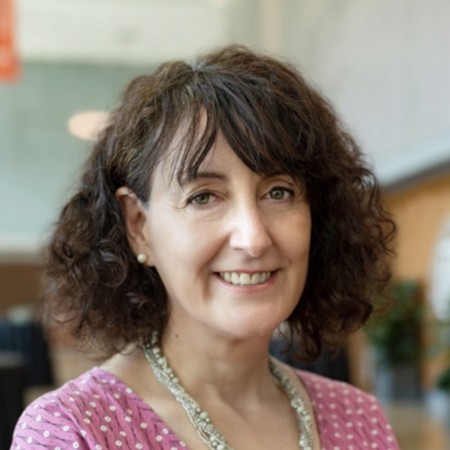April 16th 2021
What is the first thing that comes to your mind when you meet that Phrase Dark Matter?
Perhaps for a trained physicist, a collection of calculations , models and experimental data would come up – indicating to the idea of the existence of dark matter rather than its actual form. Generally, dark matter is called dark ,because it emits no electromagnetic radiation.
On April 16th 2021 at the watering hole, Lindsay king, through the vehicle of poetic performance, took us on a voyage from the center of our galaxy to its outer regions, transitioning between visible and dark matter being dominant, and into the large-scale cosmic web that forms the skeleton of the universe.
However, what do we discover about ourselves as we reflect on the concept of dark matter through the lens of our human lives?
What consequences does scientific terminology influenced the way that we think?
Catch the conversation of us with Lindsay King , Ayen Kuol , Emeka Ikebude, Jacob Hunwick, Roger Malina, Chris , Lagu Stephen in the linked podcast.
Speaker Profile

Lindsay King grew up in Ireland, in a small town near Belfast. She specialized in physics at Cambridge and did her PhD work in astrophysics at Manchester. After postdoctoral work in the U.S. and Germany, she returned to Cambridge as a Royal Society university research fellow. She relocated to Dallas just over 9 years ago and is faculty in the physics dept. Her research program combines computational and theoretical astrophysics with analysis of real data. Projects include studying dark matter in clusters of galaxies (the most massive objects in the Universe) using computer simulations and real data. Other new theoretical work involves predicting Gravitational Wave signals from black holes that are gravitationally lensed by intervening objects, and assessing the impact of lensing on our understanding of black holes seen by current and future detectors.

